Meeting management is the process of managing all stages and components of the meeting concept and process. The actions taken before, during and after the meetings are decisive for the meeting to reach its purpose effectively and in the shortest time possible. Neglecting any part of the meeting management process can lead to inefficient meetings, loss of time and additional meetings. Considering that the managers spend almost half of their time in meetings, it becomes important to spend this time efficiently.
According to the observations I gained in the consultancy sessions I performed, the biggest share of the time losses in the workplaces belong to the inefficient meetings. Given this situation, knowing and paying attention to what needs to be done to ensure that meetings are held efficiently not only ensures that the meeting is held in accordance with the purpose, but also prevents time losses at work.
It is important to make preparations before the meeting in order to have efficient meetings. In the preparation process of the meeting, the meeting agenda is determined first, a targeted meeting agenda is created and those who will attend the meeting are informed about the agenda. The start and end times of the meeting are announced. The personal preparation of the person who will manage the meeting also supports the establishment of a successful meeting management. The time allocated for the preparation before the meeting ensures that time losses that may occur during the process are prevented.
The manager of the meeting positively affects the efficiency of the meeting by making sure that the meeting is held without a problem and by supporting the participation of all participants during the meeting. It is also the responsibility of the meeting manager to ensure that the objectives of the meeting are met, and to ensure that the topics discussed in the meeting does not go out of the frame that is set by the goals.
It is important to take the utmost care for the meetings to end at the specified time in terms of effective use of time. In order to comply with the end time, it is necessary to be careful not to extend beyond the scope of the meeting and not to extend the meeting period with issues that are outside the agenda. The meetings that are planned in detail are more successful in completing at the determined end time. However, there may be elongations at the meeting, in which case the decision regarding the elongation should be presented to the agreement. It is also important for the meeting to start at the specified start time.
Appointing a person to keep the meeting notes is crucial for clarifying, remembering and enforcing decisions. This summary which includes tnformation about which works will be followed by whom and the dates of follow-ups, will be distributed to the participants after each meeting, and supports the following of the topics covered in the meeting. At the end of an efficient meeting, the participants are informed about the individual goals they will achieve in line with the meeting goal, and they have a time and action plan in line with these goals.
Although these items seem difficult to provide at first glance, the costs and complications of inefficient meetings are much higher. Achieving maximum performance from working hours is actually possible with an efficient tracking system and efficient working principles.
My observations and the outcomes of the consultancy work I have done show me that the steps not taken and the efficient meetings cannot be carried out lead to two types of results:
1. Continuation of meetings with the same inefficiency
2. The meetings are no longer held
Successfully managed meetings are a critical success factor that strengthens team motivation, ensures job tracking, and supports achievement of goals. If the
efficiency is not achieved in the meetings, the way to be followed is not to abandon meetings, but the manager's work on the areas of development in meeting management.
Share:
Related Articles

Understood Employees Contribute and ...
In the corporate world, we often hear statements like: “They’re talented, b ...

The Silent Power of Corporate Succes ...
In today's business world, organizations operate in an environment shaped b ...

Customer Relations and Training in B ...
Bancassurance, a business model in which banks market insurance products to ...

What Awaits the Business World? A St ...
Digitalization is no longer just a technological trend but a necessity for ...

Digital Transformation in Conflict M ...
Conflict is a reality we encounter in all aspects of life. Whether at home, ...

The Road to Success: Market Dynamics ...
In today’s rapidly changing market conditions, the importance of management ...

Leadership in the Digital Age: A New ...
Leadership in the digital age requires embracing continuous learning, innov ...

Mastering Risk Management
Mastering risk management is not merely an option for businesses but a nece ...
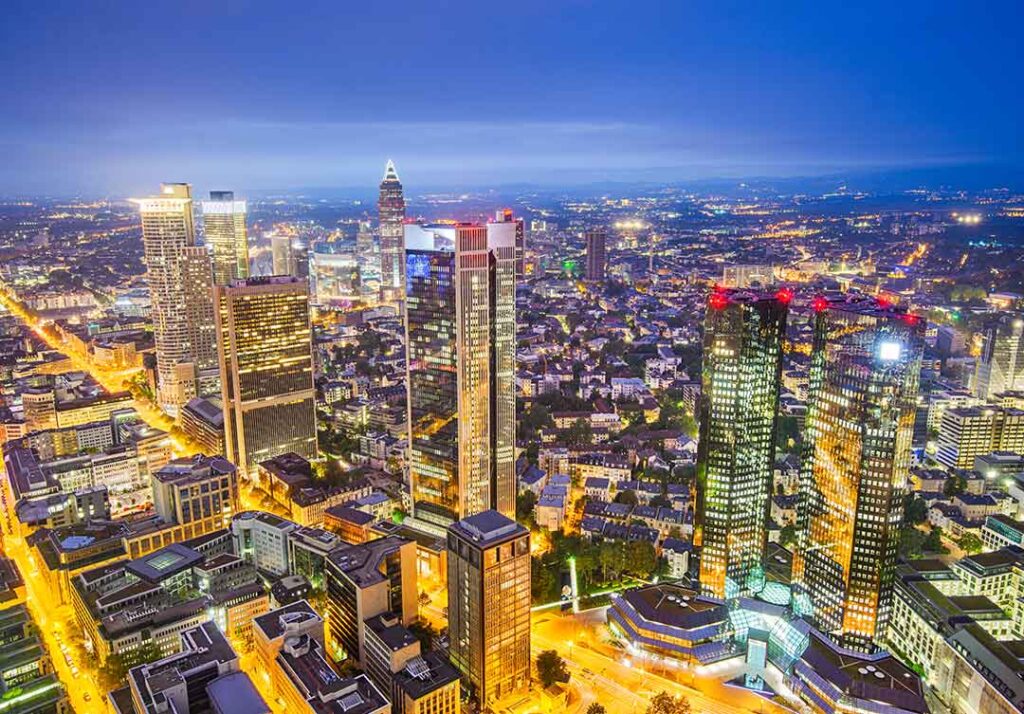
International Banking in Germany: A ...
Germany, with its strong industrial structure, high-technology products, an ...
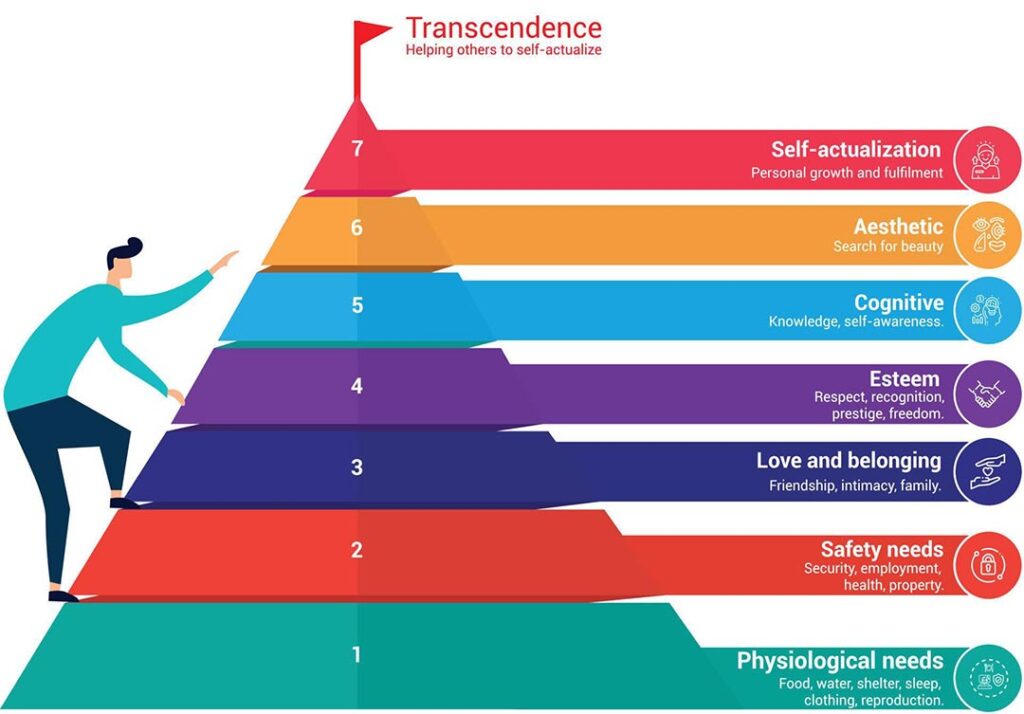
Leadership and Maslow's Hierarchy of ...
Abraham Maslow's hierarchy of needs is a fundamental psychological theory u ...

Leadership and Sustainability of Org ...
Today's business world is characterized by continuous change, technological ...

The Importance of Coaching Skills f ...
The Importance of Coaching Skills for LeadersCoaching skills are essenti ...

Fintech in Turkey: The Rise of Finan ...
Fintech in Turkey: The Rise of Financial Technology

Bancassurance
Bancassurance is a business model that is among the financial services offe ...

Banking and Frankfurt
When the banking and finance sector in Europe is analyzed, it is seen that ...

Digital Banking and Germany
Digital banking is a banking service where customers can do their banking o ...

Banking in Germany
Euro used since 2002 in The Eurozone, the currency of 19 EU members. There ...

Strategic Communication
Strategic communication plays a critical role in the success of an organiza ...

Importance of Supply Chain
The supply chain is a critical factor in which a company manages the flow o ...

Key to Success: Going Digital
Digital transformation is a transformation process that aims to increase th ...

Welfare
Poverty and inequality are one of the biggest challenges the current societ ...

ChatGPT
ChatGPT, developed by the OpenAI company known for its work and research in ...

What is Emotional Intelligence and w ...
Emotional intelligence (also known as emotional quotient or EQ) is the abil ...

The Importance of Women's Employment ...
Women's participation in the workforce is closely related to the level of d ...

Digital Banking II – Digital Banking ...
A serious step taken for the spread of “digital banking” in Turkey, providi ...

The Perception of Morality within Ma ...
If everybody in the world jumped out of a window, would you? This question ...
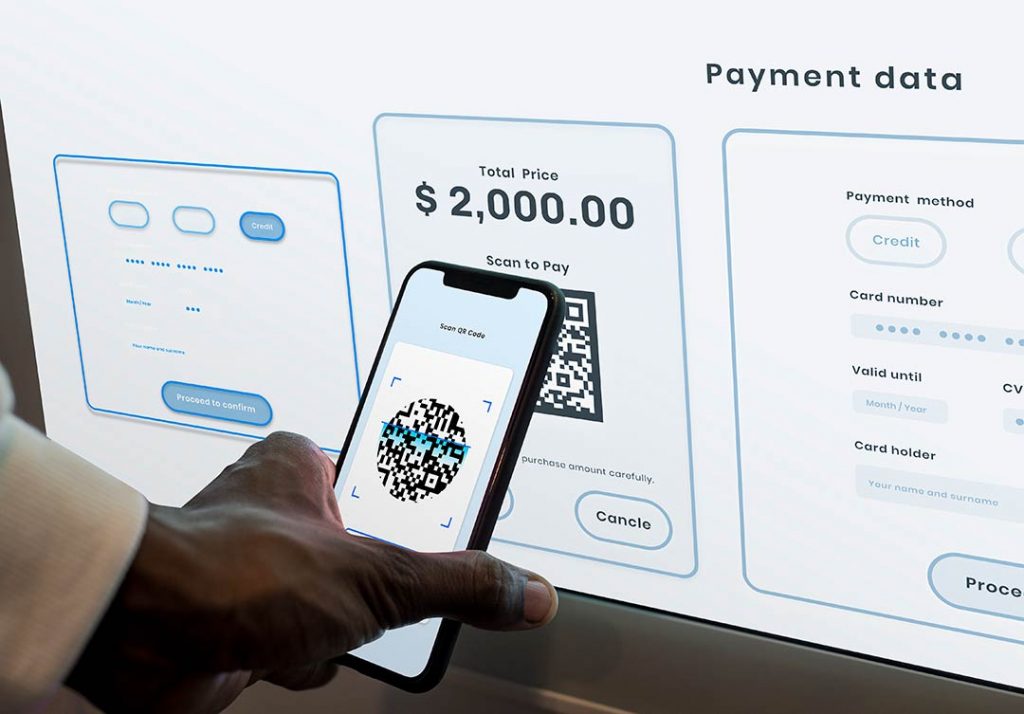
Digital Banking
Digital banking is a banking technology that offers customers the opportuni ...
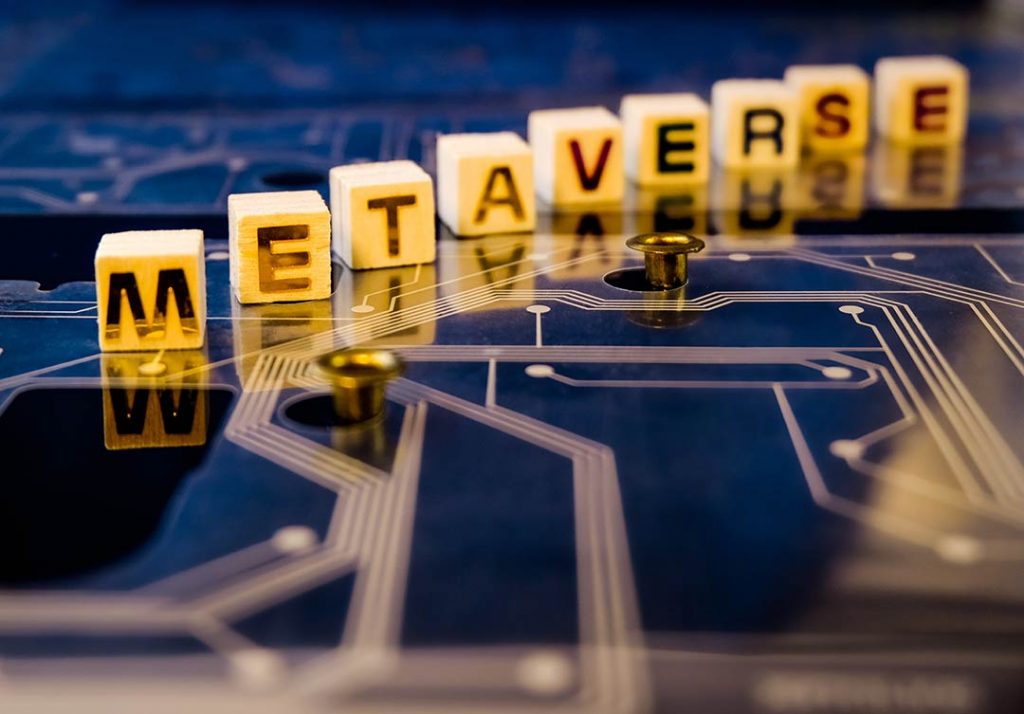
Banking, Artificial Intelligence and ...
We have heard the concepts of metaverse, artificial intelligence and machin ...

Green Asset Ratio
Sustainable finance has an important place among the investments made for t ...

Servant Leadership
There is an effective form of management that we often hear about today: se ...

Sustainability In The Global Banking ...
Before Covid-19 wreaked havoc on the world’s economies, the global banking ...

Revolution of Digital Banking
With the European Central Bank considering to investigate for a digital cur ...

Taking Action and Making Decisions i ...
Uncertainty is the fact that an event is not within the framework of certai ...

Wind of Change
Change is an important concept that must be managed for employees at all le ...

Organizational Justice
“What is justice? Giving water to trees. What is injustice? To give water t ...

Open Banking
Digital transformation has started to show its effects in every aspect of o ...

Digital Literacy And Corporate Life
There are many innovations that managers and employees need to follow in or ...
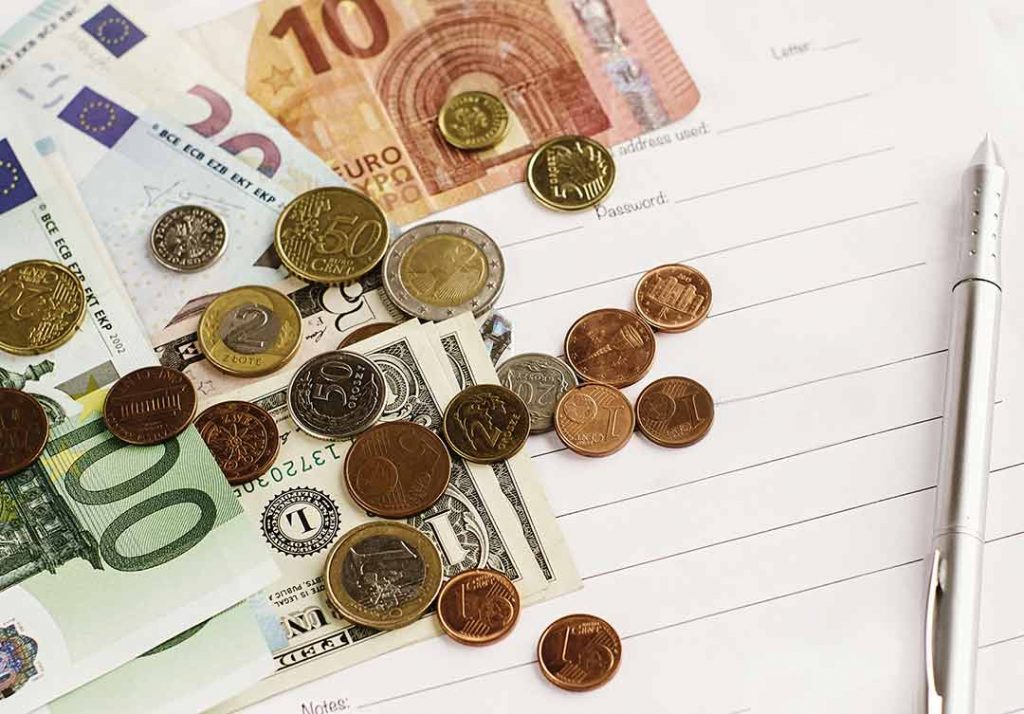
Financial Literacy
The words money and economy are two important concepts that have a great pl ...
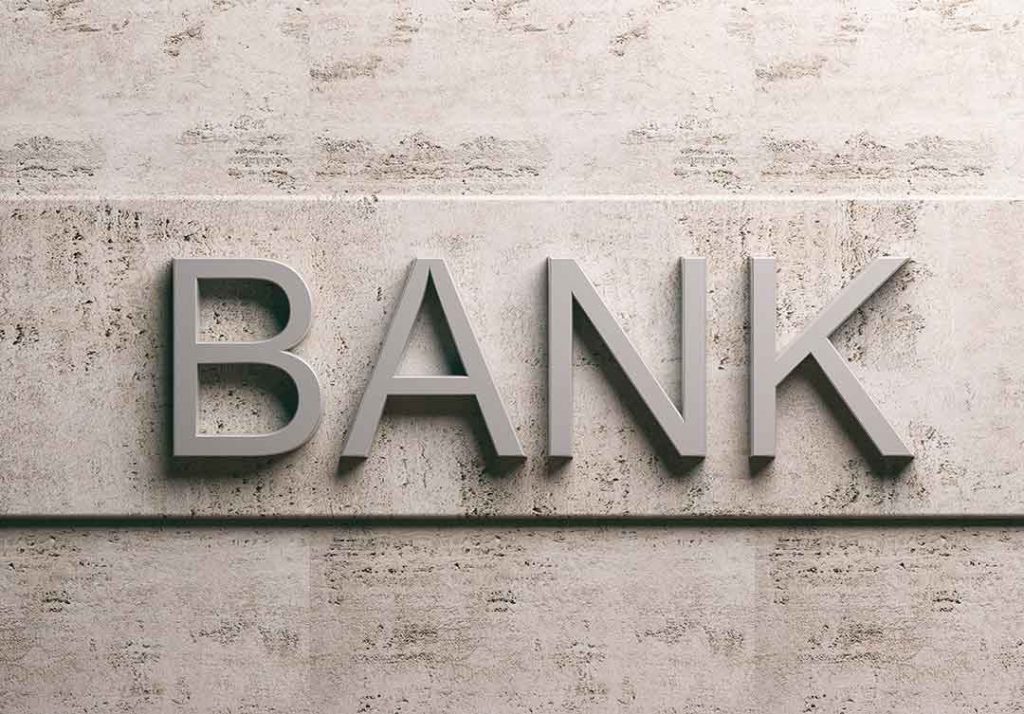
Sustainability and Bank
The solutions we have found to our various needs throughout history and ada ...

Adaptability, Flexibility and Leader ...
Being able to adapt to changing conditions is very, very important not only ...

Creativity and Leadership Relationsh ...
The world is getting more competitive every day. For this reason, the servi ...

Competitive Analysis and Banking Sec ...
Competition analysis requires you to examine your direct and indirect compe ...

Delegation in Management
The statements "two heads are better than one" or "teamwork makes the dream ...

Climate Change
All creatures evolve to best adapt to environmental impacts. Those who are ...
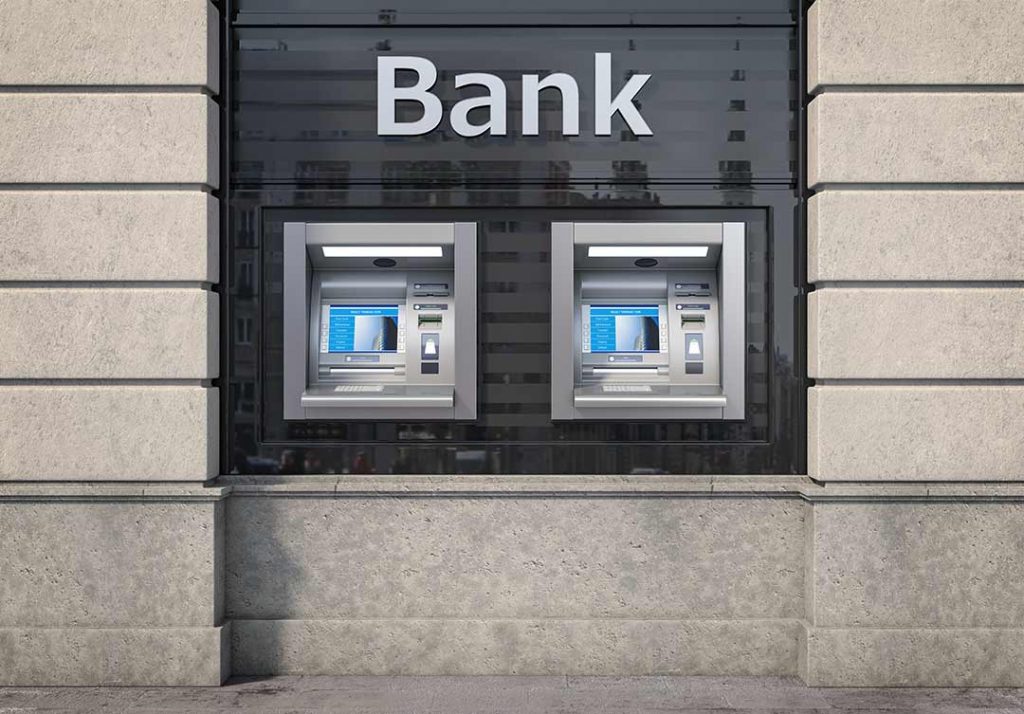
Change of Banking Service Channels i ...
Global crises such as the pandemic, force the existing structures to change ...

Innovation
It is undeniable that innovation has a very important place in today's worl ...

Artificial Intelligence
Artificial intelligence is no longer just something specific to science fic ...

Entrepreneurship
Entrepreneurship is the process of starting a new business that incorporate ...
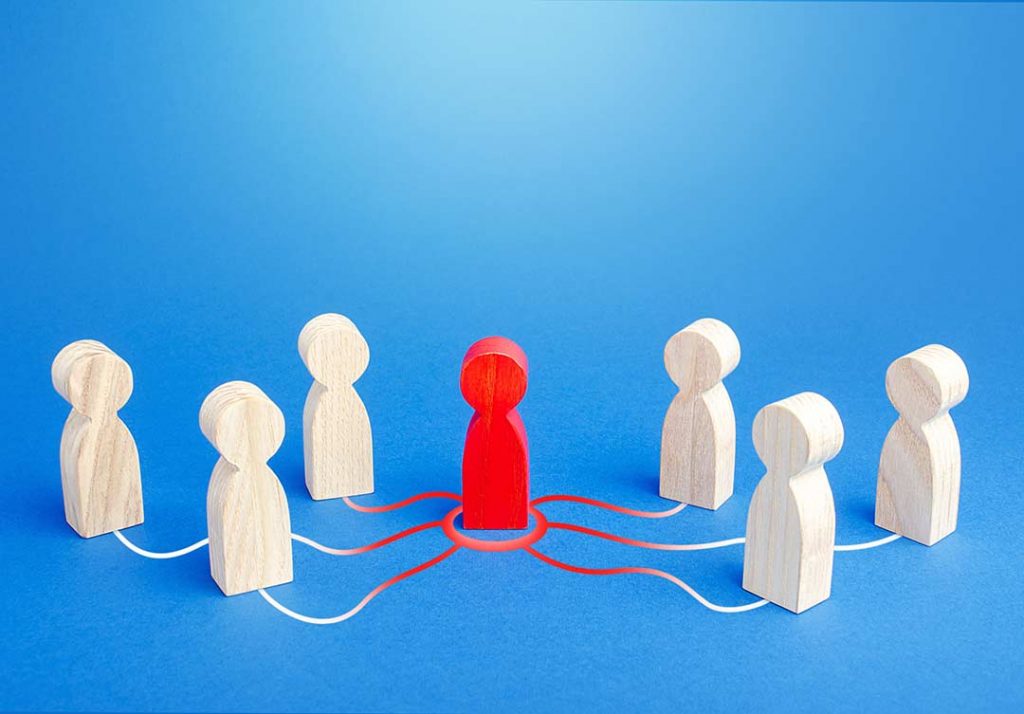
Global Leadership
The world is changing day by day and the information we have today is out o ...

Resilience and Leadership
We encounter many events in life that cause us difficulties and stress. How ...

Entrepreneurial Spirit for Leaders
Why is important for success? The conventional perception of entrepreneursh ...

Finance Leadership in a Pandemic
Crises bring along a period in which institutions need to review their fina ...

Crisis Management
Crisis is a state of tension that puts the existence and goals of an organi ...

Strategic Leadership and Pandemic
Strategic Leader is the person who sets the roadmap to achieve the ultimate ...

Awareness, Appreciation, Success
It is very important for a person to recognize himself, discover his power ...

Woman and Career
People who are raised by unemployed mothers have a mother model in their mi ...
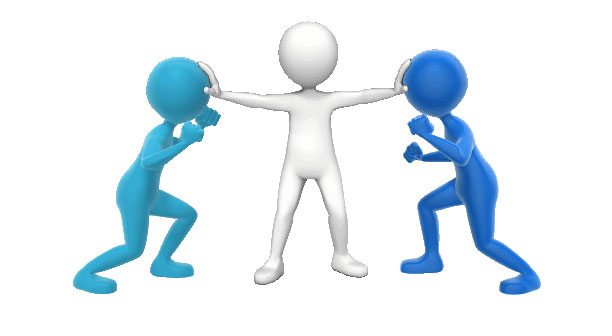
Conflict Management
In the broadest sense, conflict is disagreement between two or more people ...

Leading with Kindness
Kindness is an important virtue. Kindness in all areas of life makes relati ...
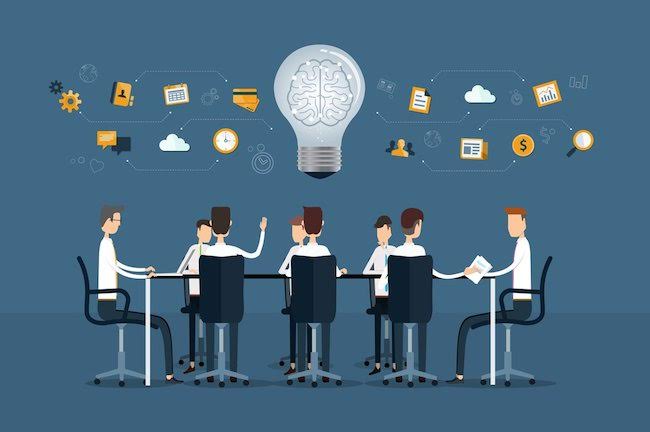
Smart Meetings
Meeting management is the process of managing all stages and components of ...

Negotiation Management
Negotiation is defined as a dialogue aimed at reaching a common and benefic ...

Virtual Leadership
The repercussions of the digitalization process in business life were sprea ...

Manager and Patience
Patience is an important concept in management. Patience is active, not pas ...

Being All Ears
Human beings differ from other creatures in their way of communicating. Com ...

Networking
The fact that managers in the corporate world act with awareness of network ...

Asking Strong Questions
For managers, asking a strong question is an important skill. Managers, who ...

Managing Yourself
The manager at work is in communication with the other parts of the busines ...

Mental Immunity
In the fight against Coronavirus (Covid-19) pandemic, knowledge and awarene ...
